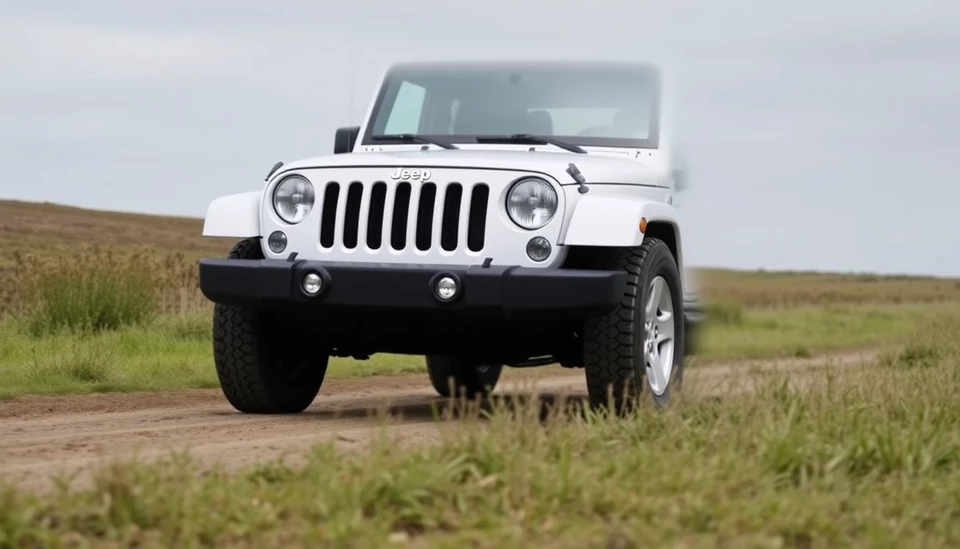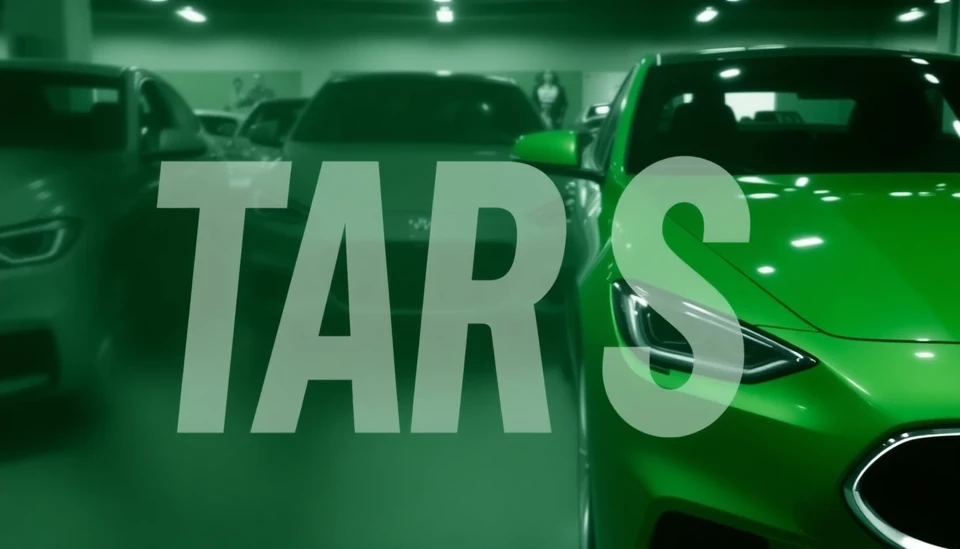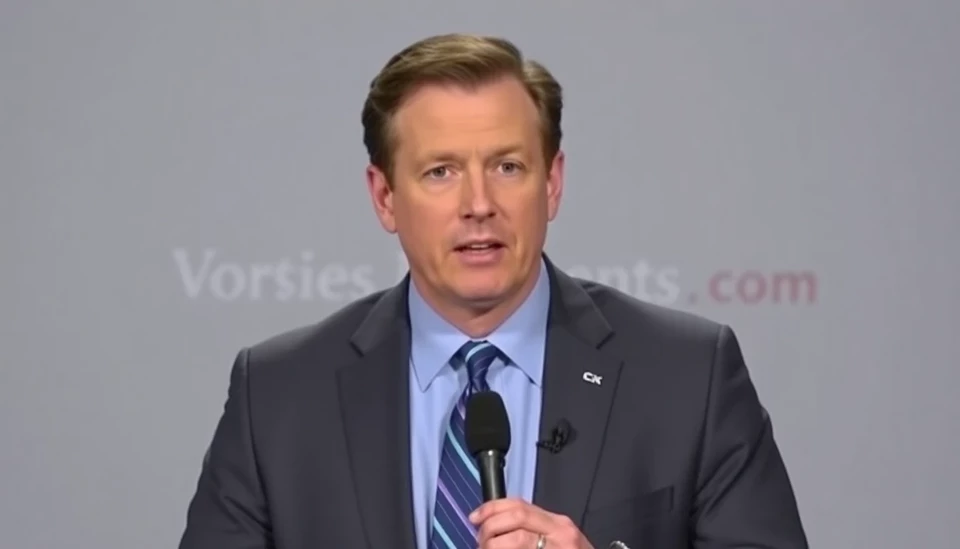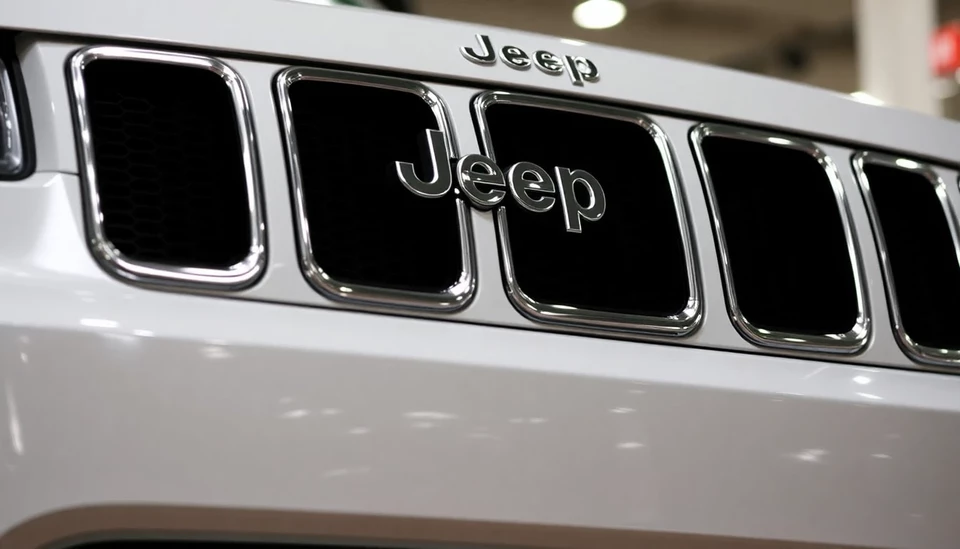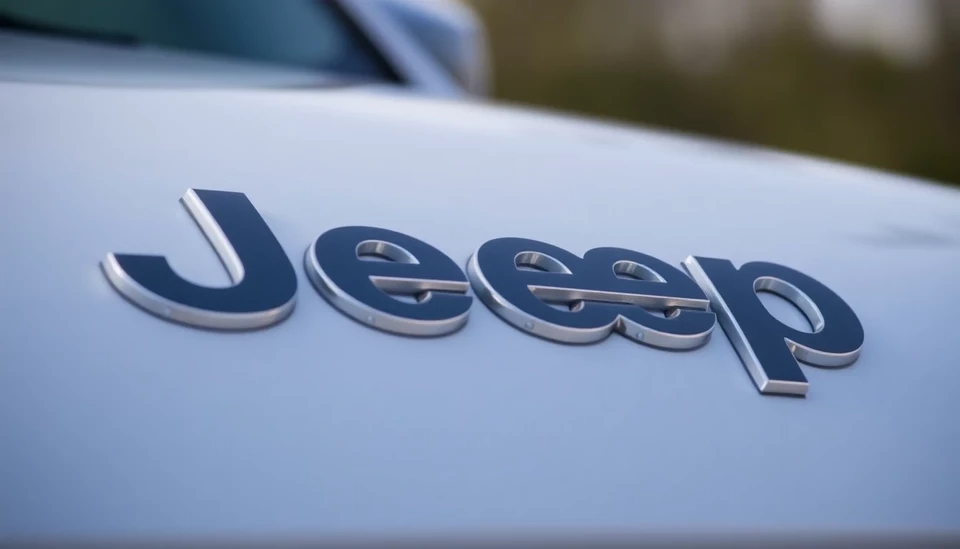
In the latest developments surrounding the automotive industry, the parent company of Jeep, Stellantis, finds itself at a critical juncture regarding its production strategies. The uncertainty surrounding tariffs proposed by former President Donald Trump, which could significantly impact the cost of imported vehicles and parts, is keeping executives on their toes as they navigate their manufacturing plans for the near future.
Stellantis, which was formed through the merger of Fiat Chrysler Automobiles and PSA Group, is currently assessing the implications of potential tariffs that may be reinstated under the previous administration’s policies. The executives at Stellantis are facing a difficult decision-making process that hinges on the possible return of these tariffs, which could add substantial costs to the production and distribution of vehicles.
Jeep, renowned for its rugged and versatile vehicles, plays a crucial role in Stellantis's lineup. The brand has seen an evolution in its offerings, focusing on both gas-powered and electric vehicles. However, the looming uncertainty regarding tariffs could force Stellantis to adjust its American manufacturing footprint or reconsider the sourcing of critical components and materials necessary for vehicle production.
While executives have expressed optimism about Jeep's performance in the market, they are acutely aware that tariff policies can greatly influence competitive pricing strategies. If tariffs rise, the cost of vehicles may also increase, potentially affecting consumer demand and Stellantis's overall market share in the competitive automotive landscape.
Furthermore, the rise of electric vehicles has added another layer of complexity to Stellantis's situation. The push for electrification in the car market is significant, and Stellantis must carefully analyze its supply chains and vehicle production locations to remain competitive within this evolving sector. Their planning must take into account both the potential for increased tariffs and the need for sustainable practices in manufacturing electric vehicles.
To better address these concerns, Stellantis has engaged with policymakers and industry stakeholders, advocating for a balanced approach that considers both trade dynamics and the growing demand for eco-friendly transportation solutions. The outcome of these discussions and subsequent tariff decisions could be pivotal in shaping Stellantis's roadmap for the next several years.
As the situation evolves, many eyes are on Jeep and its parent company to see how they will adapt their strategies in response to these economic and political challenges. The ongoing assessment of Trump’s tariff plans will undoubtedly play a significant role in determining not only Jeep's future production decisions but also its competitive stance in the automotive market.
#Jeep #Stellantis #DonaldTrump #Tariffs #AutomotiveIndustry #ElectricVehicles #Manufacturing #SupplyChain #MarketStrategy #CarProduction
Author: Samuel Brooks

